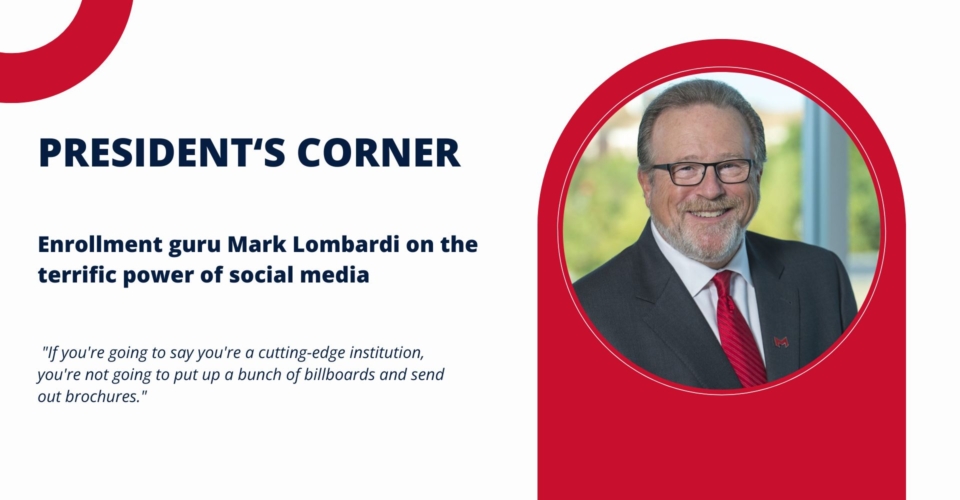Corporations routinely seek counsel from law firms to conduct internal investigations when confronted with potential wrongdoing, controversy or scandal. These investigations can benefit corporations in a myriad of ways: establishing a comprehensive account of what happened to assess the company’s potential legal exposure, making appropriate recommendations to remedy and mitigate potential issues, memorializing the company’s response and promoting a culture of transparency and compliance.
When regulators or government entities are interested or investigating (as they often are), internal investigations can be even more critical, because they enable the company to respond effectively to government requests, protect privilege, demonstrate remedial measures and, in some instances, convince investigators that their inquiry is either unwarranted or not worth their time. Simply put, hiring a law firm to conduct an internal investigation has long been a critical aspect of many corporations’ response to alleged wrongdoing and accompanying scrutiny.
Universities today are under increasing scrutiny from all angles. Federal regulators have opened dozens of investigations into institutions of higher learning due to alleged discrimination. Congressional committees have summoned university presidents to testify about antisemitism on campus, and some members have threatened to pull federal funding. In addition, some state legislatures have stepped up scrutiny of public universities and have become more involved in university governance.
Outside of government, universities have recently been subjected to a tide of lawsuits filed by private plaintiffs related to topics as wide-ranging as affirmative action, hazing in Greek life or sports programs and sexual misconduct by professors or other employees. Each of these brings reputational risk for universities and has the potential to undermine confidence in university leadership. As higher education becomes increasingly caught up in politics and culture wars, this scrutiny is likely to continue.
More from UB: Why liberal arts leaders should know STEM isn’t the enemy
Universities under the microscope will undoubtedly need a multifaceted response to these diverse and unpredictable challenges. Particularly where there is some allegation of past misconduct, universities should consider hiring outside counsel to conduct a comprehensive investigation. Like the corporations that have utilized law firms to conduct internal investigations for decades, universities stand to benefit from hiring experienced attorneys to establish a definitive account of events and guide the university through scrutiny from regulators, the university community and the public.
Indeed, in some ways, the case for hiring outside counsel to conduct an independent investigation is even stronger in the university context than in the corporate one. One of the key benefits of hiring outside counsel is the credibility that comes from the investigators being outside of the organization under investigation. Unburdened by preexisting connections, loyalties and biases that can shape the course of an investigation, experienced outside attorneys are better equipped to follow the facts where they lead and present an unbiased account. Not only does this facilitate a more complete and accurate investigation, but it lends the investigation—and its results—credibility. Perhaps unsurprisingly, universities in recent years have hired outside counsel to conduct investigations into alleged misconduct, hazing and protest response. As a result, universities have been able to implement recommended changes and move forward with a common understanding of what happened.
That credibility is critical, especially now. Trust in universities and their administrators is at record lows. However, to realize the benefits of an investigation, the relevant audience must see it as credible and comprehensive. If that audience doesn’t trust the messenger, they are unlikely to trust the message. Hiring outside counsel is key to bridging that credibility gap and helping universities confront, address and remediate alleged misconduct.
Over time, investigations by outside counsel have become commonplace in corporate America, because companies have seen the tangible benefits they can bring. With increased scrutiny of higher education showing no signs of abating, universities should borrow a page from the corporate playbook.









